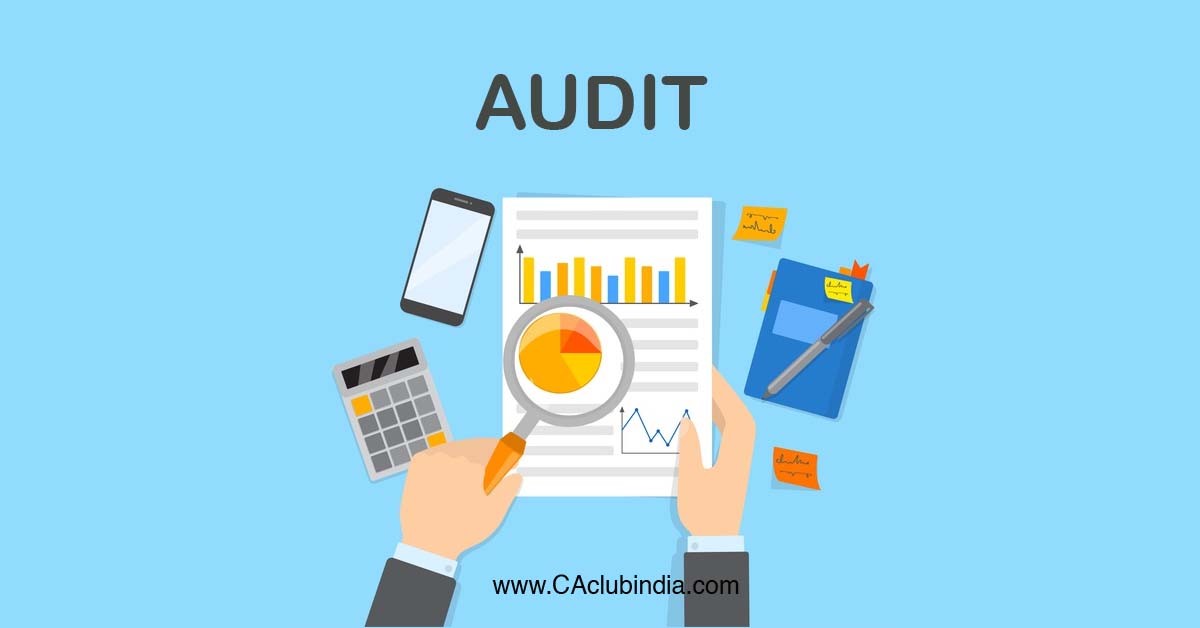Introduction
1. This Framework defines and describes the elements and objectives of a social audit performed by social auditors. It provides a frame of reference for:
(a) Social auditors when performing social audit i.e., social impact assessment of project/ program executed by social enterprises.
(b) The responsible party, the engaging party, if any, and other stakeholders who are the intended users of social audit report.
This Framework does not itself establish standards or provide specific requirements for the performance of area specific social audit engagements relating to specific thematic areas within social objectives such as Poverty, Climate Change, Health etc. Social audit standards (SASs)1 contain essential procedures and related guidance/ criteria, consistent with the concepts in this Framework, for the performance of such areaspecific social audit engagements. The respective social audit standards may be
referred for the area specific social indicators.
For meaning of terms used in this Framework, please refer the Glossary of Terms.

Applicability of the Framework
2. This Framework will be applicable from the date of its hosting on ICAI website. This Framework will be mandatory in nature.
Objective of the Framework
3. The objective of this Framework is -
(a) To provide basic principles and elements in relation to (i) social audit of projects/ programs/ project-based activities of a social enterprise registered/ listed on the Social Stock Exchange (ii) social audit of projects/ programs/ project-based activities of any other organisations.
(b) To provide related guidance on matters relating to preparation of social audit report, in accordance with the social auditor’s findings based on the procedures performed and evidence obtained.
Scope of the Framework
4. This Framework applies to social audit (i.e., social impact assessment of project/ program of social enterprises) to be conducted by social auditors using the principles given in SASs. This Framework may also be applied to any other engagement(s) conducted by a social auditor e.g. impact assessment [as required under the Companies (Corporate Social Responsibility Policy) Amendment Rules, 2021, as amended from time to time) or any other similar assignment. Any other engagement(s) conducted by other auditor of an organization e.g. statutory audit, internal audit, tax audit will not be under the scope of this Framework.
5. The social auditors and the responsible party may agree to apply the principles of this Framework to an engagement when there are no intended users other than the responsible party. In such situations, the social auditor’s report includes a statement restricting the use of the report to the responsible party.
6. This Framework is focused on providing guidance to social auditor for conducting an assessment of the social impact that the project/program has created in the field. It does not cover any elements of a financial audit or review, which may be covered by relevant auditing/review standards.
Elements of a Social Audit Engagement
7. There are five elements of a social audit engagement which are:
(a) A three-party relationship involving a social auditor, a responsible party, and intended users;
(b) Project/ Program/ Intervention to be covered;
(c) Project Monitoring Framework;
(d) Evidence; and
(e) A written audit report.
These elements are discussed below.
(a) Three Party Relationship
8. Social audit engagements involve three separate parties: a social auditor, a responsible party and intended users. The responsible party and the intended users may be from different entities or the same entity.
Social Auditor
Social auditor means an individual registered with Self-Regulatory Organisation (SRO) under the Institute of Chartered Accountants of India (ICAI) or such other agency, as may be specified by the Securities and Exchange Board of India (SEBI), who has
qualified a certification program conducted by National Institution of Securities Market (NISM) and hold a valid certificate.
Responsible Party
The responsible party is the person (or persons) who is responsible for the subject matter. Generally, social enterprise is the responsible party. The responsible party may or may not be the party who engages the social auditor (the engaging party).
Intended Users
The intended users are the person, persons or class of persons for whom the social auditor prepares the social audit report. The responsible party can be one of the intended users, but not the only one.
(b) Social project/ program/ intervention
9. Social audit engagement is to conduct audit of the project / program / intervention or part thereof relating to a thematic area (s) implemented by a social enterprise.
To know more in details, Click Here







 CAclubindia
CAclubindia

